Aktualności
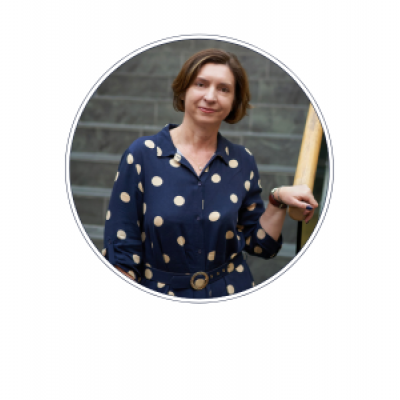
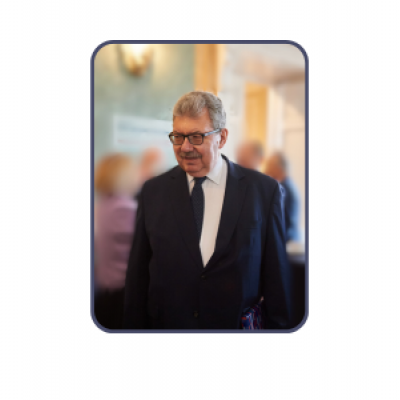

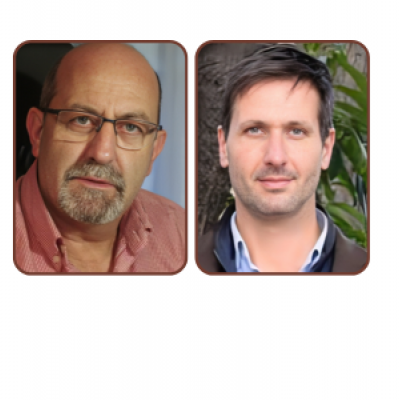

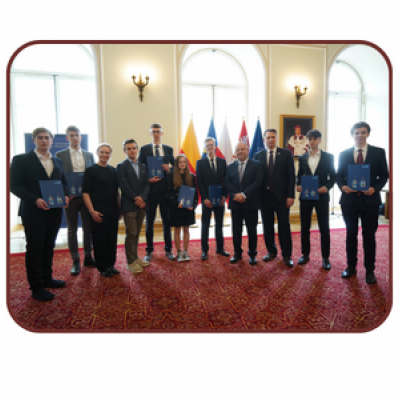
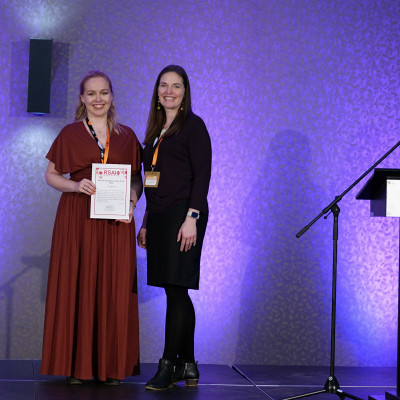
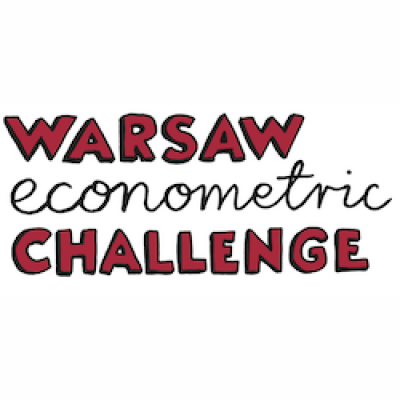
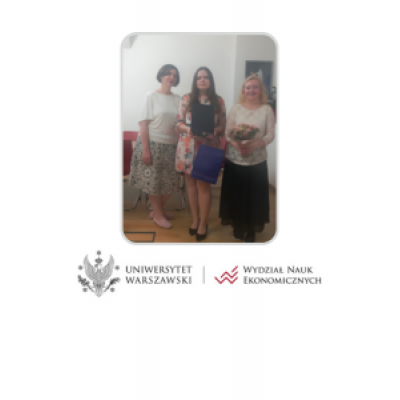
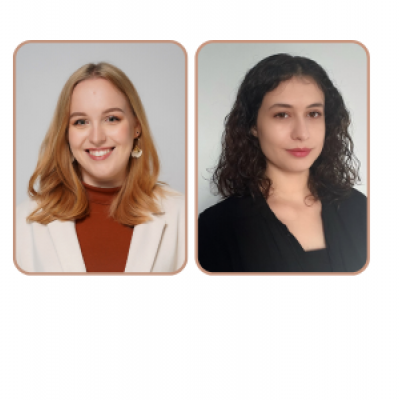
Konkurs skierowany jest do pracowników naukowych z dziedzin szeroko rozumianej ekonomii i finansów.
Aplikacje należy składać w terminie do 24 maja br.: business-Qk'4A1Khx7TOn5puijS^I]#[2Qnpzm6!`~2CV!h~KN\T1
Serdecznie zapraszamy do udziału!
Szczegóły: wec.wne.uw.edu.pl/
Wydział Nauk Ekonomicznych Uniwersytetu Warszawskiego otrzymał pełną akredytację, obejmującą wszystkie dziewięć modułów kwalifikacji zawodowej Stowarzyszenia ACCA, dla kierunku Finanse i Rachunkowość/Finanse, Inwestycje i Rachunkowość oraz dla specjalności Ekonomia Przedsiębiorstwa.










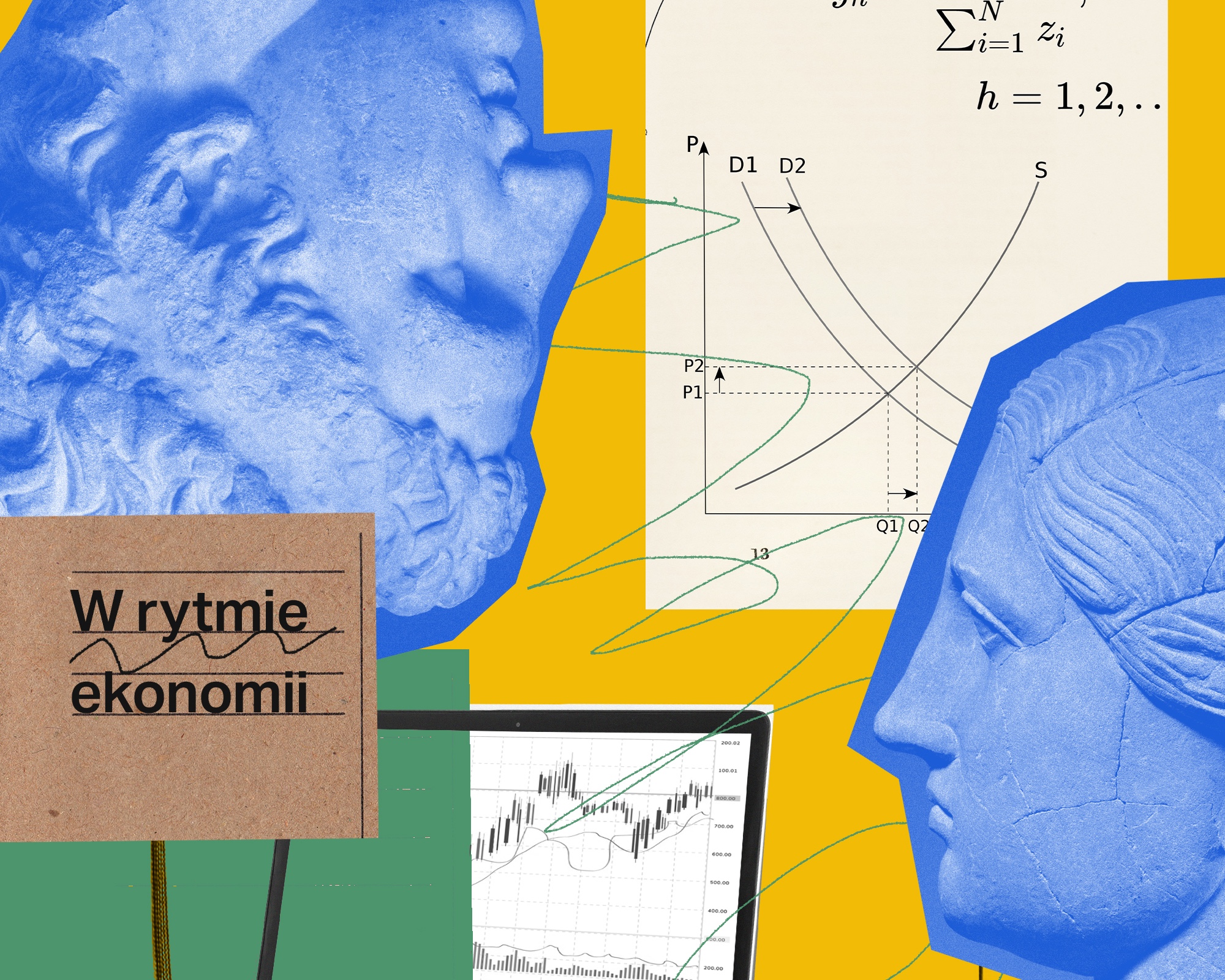
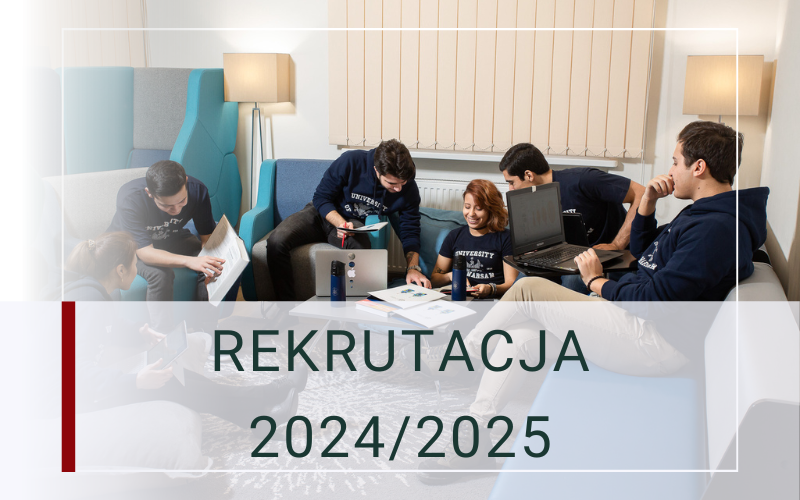
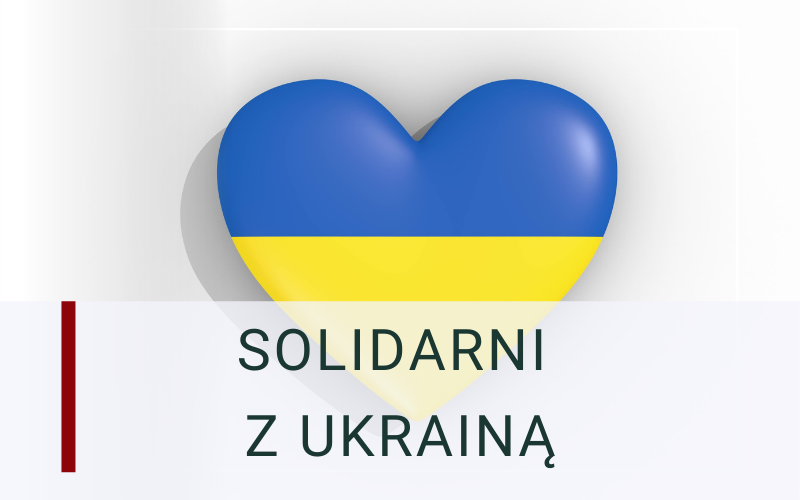

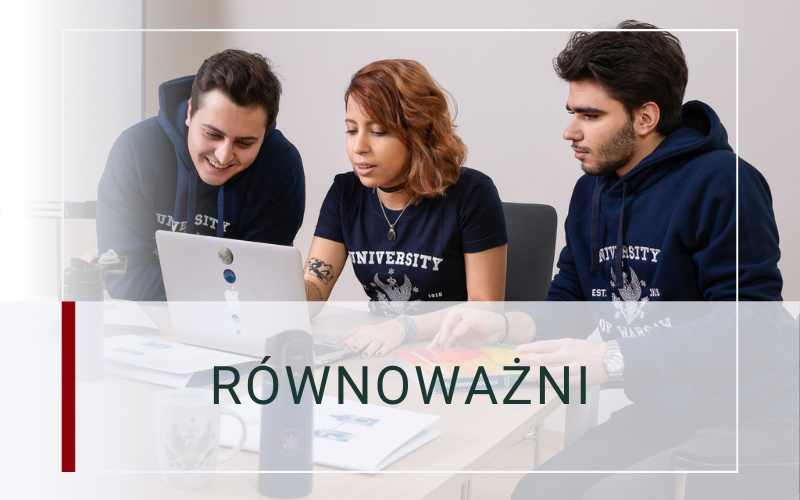
Serwisy *.wne.uw.edu.pl używają plików cookies zapisywanych na komputerach użytkowników. Są one niezbędne do prawidłowego działania mechanizmów stron internetowych Wydziału Nauk Ekonomicznych UW.
Szczegółowe informacje o Polityce obsługi cookies w serwisach Uniwersytetu Warszawskiego dostępne są na stronie https://www.uw.edu.pl/polityka-obslugi-cookies-ciasteczek-w-serwisach-uw
© 2024 Wydział Nauk Ekonomicznych. | Powered by concrete5 | Sign In to Edit this Site